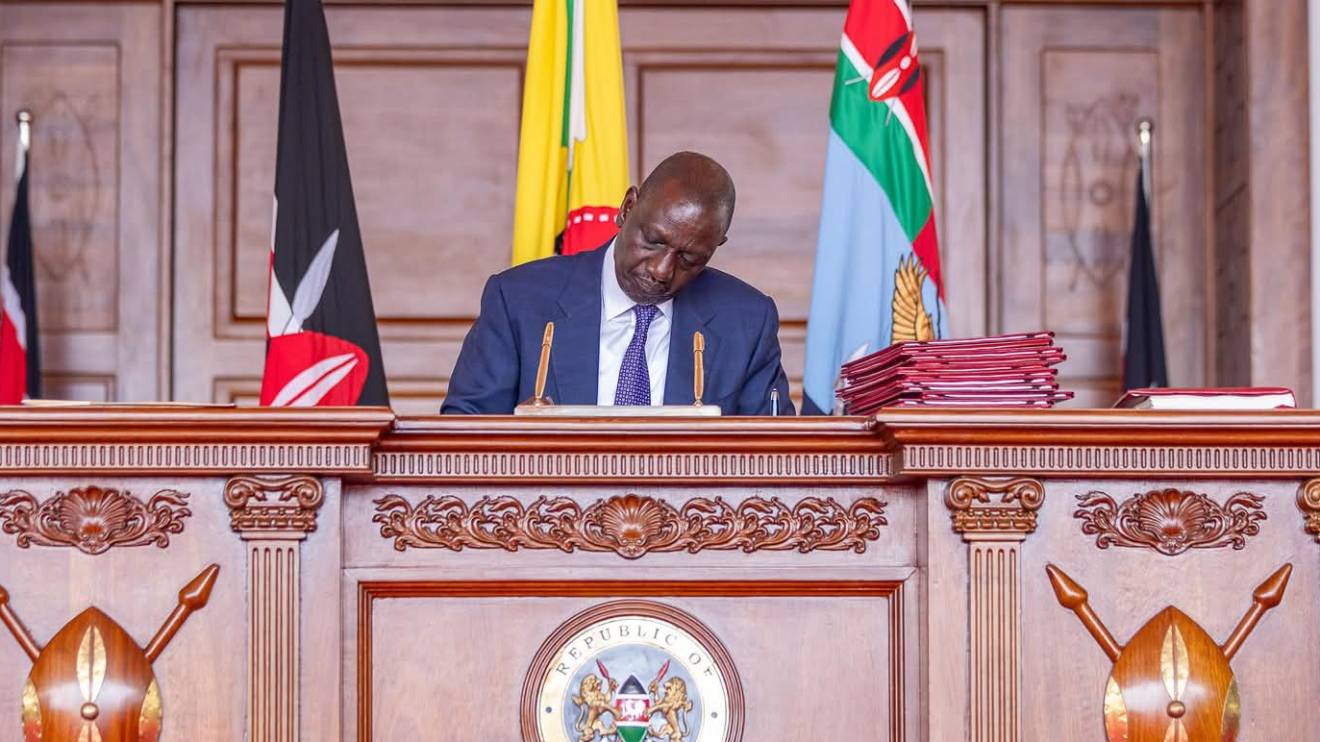A third-year law student at the University of Nairobi has been ordered to pay Sh7,512,700 in damages after a court in Eldoret found him guilty of defaming a driver affiliated with Prophet David Owuor’s ministry through a Facebook post.
The ruling, delivered by Chief Magistrate Dennis Mikoyan, found Kevin Ndung’u culpable of cyber harassment under Kenya’s Computer Misuse and Cybercrimes Act, following a post that targeted Benard Kagia, a driver working with the Repentance and Holiness Church.
Court records showed that Ndung’u’s remarks online questioned Mr Kagia’s family values, among other allegations, prompting the latter to file a defamation suit.
While reading his judgment, the magistrate ruled, “I accordingly find that the plaintiff is entitled to damages for defamation, including the cost of the suit amounting to Sh7,512,700.”
The court also took the opportunity to address the broader issue of online abuse, with Mikoyan warning that the casual spread of defamatory content on digital platforms is becoming a growing legal concern.
Read More
“Defamation statements made through online platforms are bound to have serious legal implications and all users of digital space must be informed of legal consequences about such statements,” he stated.
Soon after the decision was read, Ndung’u protested the penalty, telling the court he had no means of raising the sum.
In his plea, he asked for time to consult his family on how he might pay.
“I beg this court to grant me 30 days during which I can go home and talk to my parents and other relatives about how to pay the fine and settle the plaintiff as per the court order. I have no assets of my own because everything at home belongs to my parents,” he told the court.
The magistrate scheduled the next session for Wednesday to determine the way forward regarding the settlement.
The case has drawn attention to the growing legal weight of online conduct in Kenya, especially as more individuals turn to digital platforms for personal expression.
As courts continue to affirm accountability for defamatory content shared online, the outcome of this case may serve as a cautionary tale for social media users navigating the fine line between opinion and libel.



-1756319289.jpg)




-1756474472.jpg)



